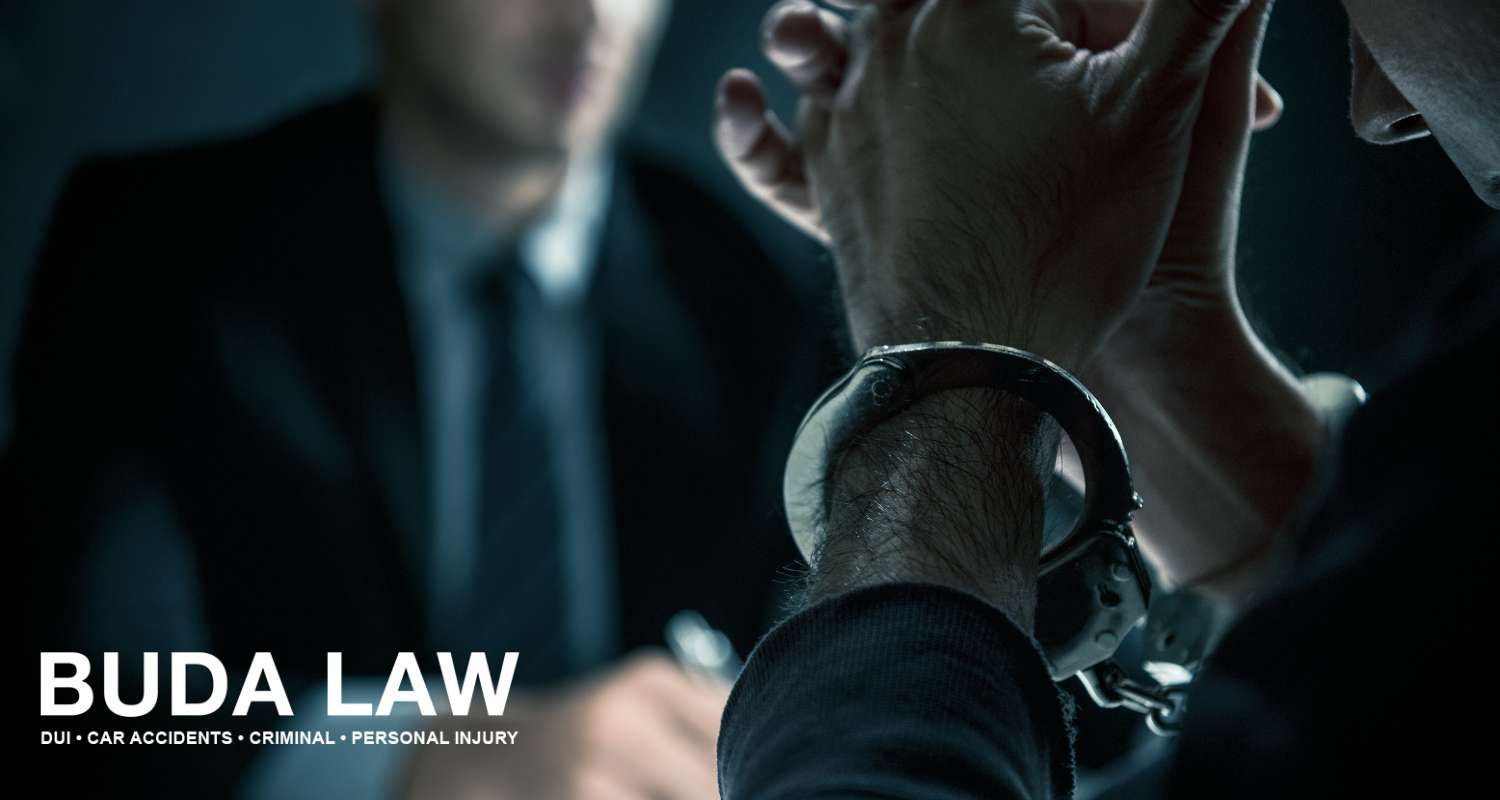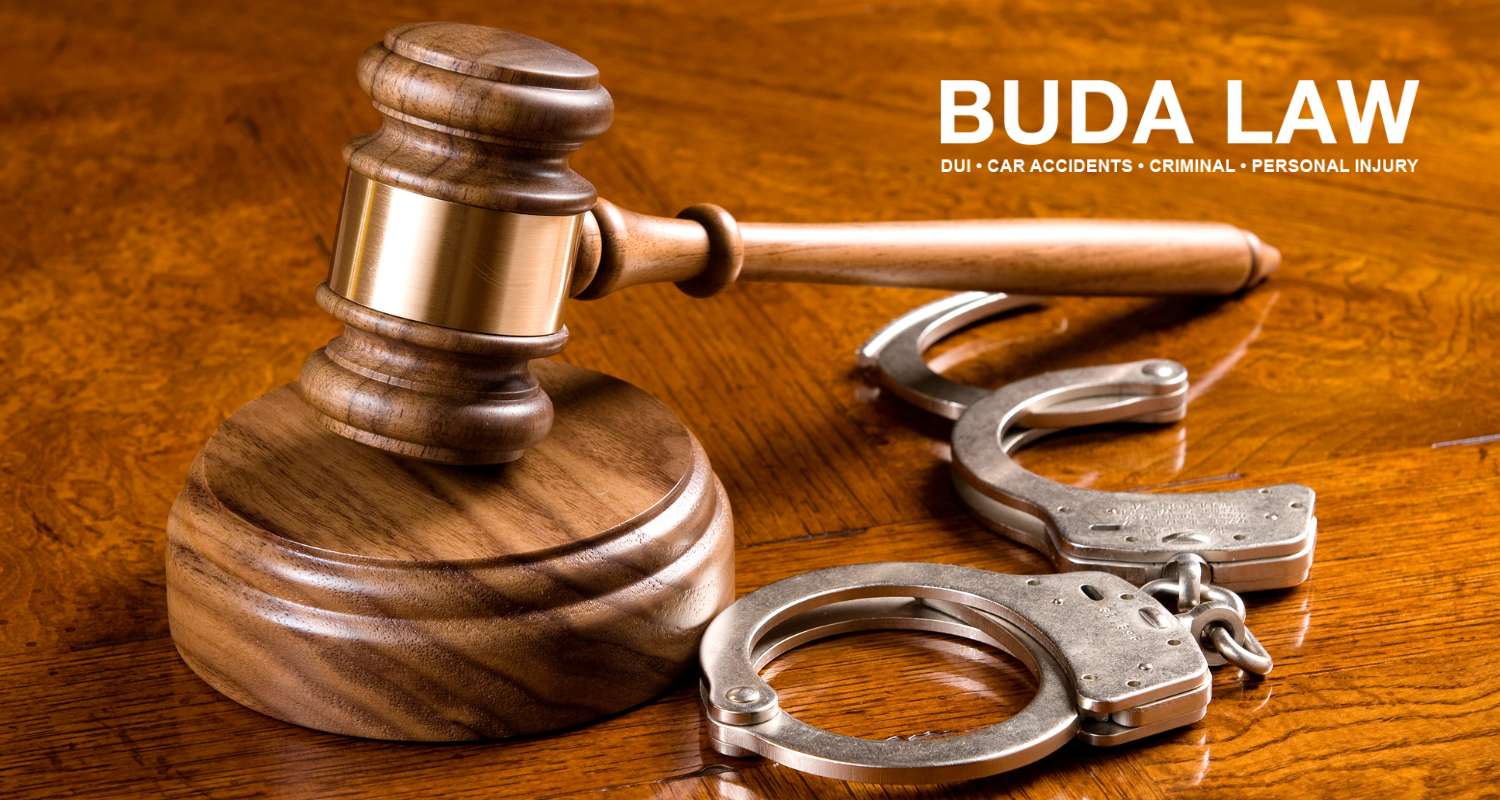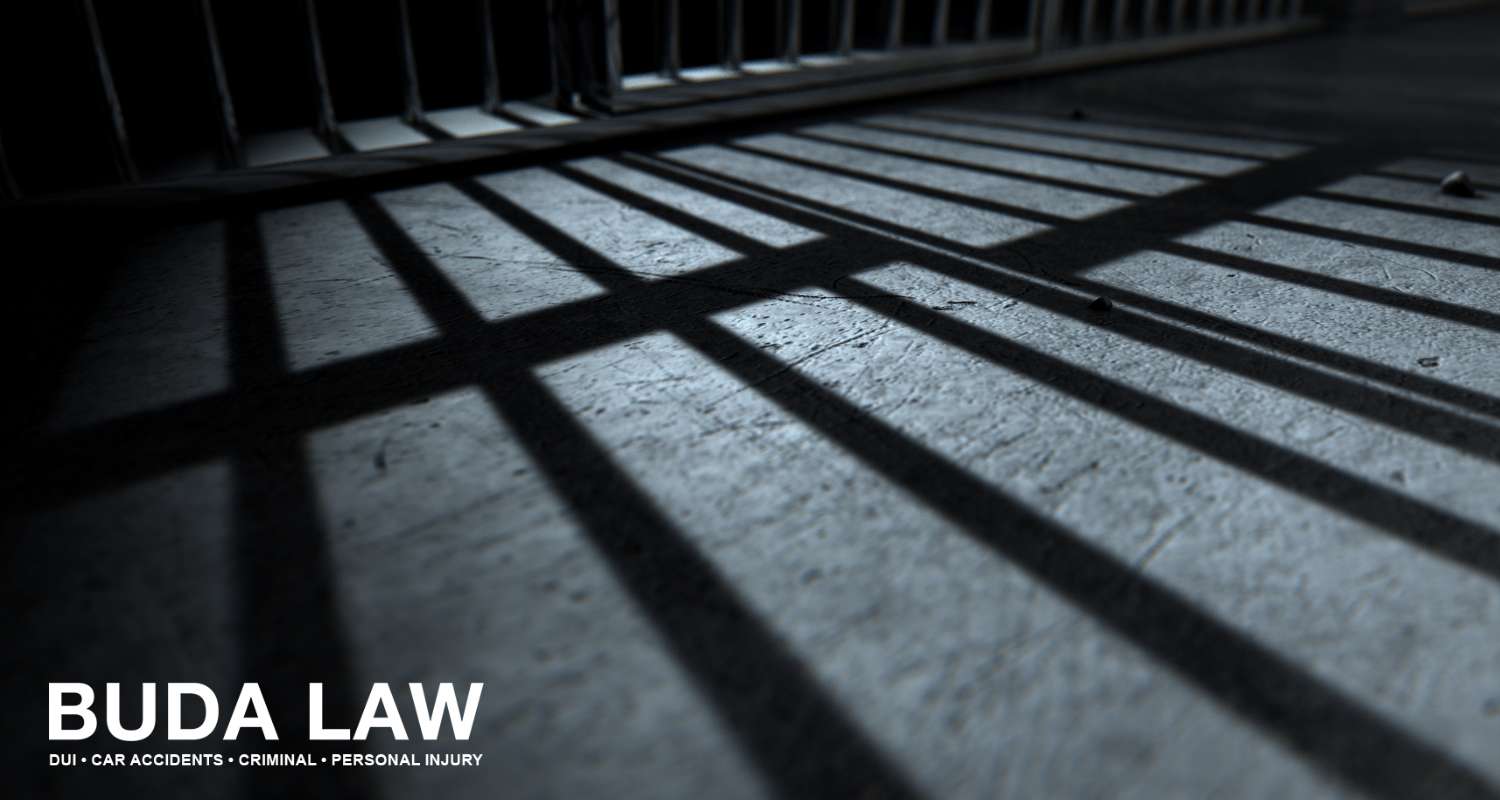
If you were accused of a serious crime and are now facing a first-degree felony, Florida criminal defense attorney Andrew Buda can help protect your rights. When it comes to felony charges, Florida law imposes some of the harshest penalties in the nation. A first-degree felony conviction could result in a lengthy prison sentence and a permanent criminal record, changing the course of your life forever.
Unfortunately, false accusations or misunderstandings can lead to these serious charges, jeopardizing your freedom and future. At Buda Law, we are dedicated to providing the aggressive defense you need to fight a first-degree felony charge and protect your rights.
Call (813) 322-2832 or contact us online to schedule a free consultation today.
What is a First Degree Felony in Florida?
In Florida, facing a first-degree felony means you are up against one of the most serious crimes recognized by the law. Florida felony crimes carry severe consequences that can alter the course of your life forever. The penalties for first-degree felony convictions might include decades in prison and fines of up to $10,000.
With stakes this high, securing strong legal representation is essential to protect your rights and mount an effective defense. Luckily, Tampa felony defense attorney Andrew Buda has a track record of success in first-degree felony cases and will work tirelessly to fight these criminal charges on your behalf.

First Degree Felony Florida Examples
First-degree felonies in Florida typically include violent crimes and serious white-collar crimes. Here are some examples:
- Aggravated assault of a law enforcement officer: This form of aggravated assault involves attacking a police officer with a weapon.
- Drug trafficking: The crime of drug trafficking includes selling or distributing large amounts of illegal drugs.
- Armed burglary: Armed robbery or burglary is the act of breaking into someone’s home or business with a weapon and intending to commit a crime.
- Embezzlement: Embezzlement is a type of grand theft that involves stealing large amounts of money or property you were trusted to take care of.
Other Degrees of Felonies in Florida
In Florida, felonies are categorized into several degrees based on the severity of the crime, the offender’s criminal history, and the potential penalties. Here is a brief overview of the other degrees of felonies in Florida:
- Capital Felony: Capital felonies in Florida are the most serious crimes one can commit, punishable by life imprisonment or even the death penalty. A few examples of capital felonies include first-degree murder, armed kidnapping, and capital drug trafficking.
- Life Felony: Life felonies are punishable by a term not exceeding life imprisonment and fines up to $15,000. Certain violent crimes like sexual battery on a child under 12, human trafficking, and second-degree murder can be classified as a life felony.
- Second-Degree Felony: Second-degree felonies in Florida are punishable by up to 15 years in prison and fines up to $10,000. Aggravated battery and certain types of grand theft are considered second-degree felonies.
- Third-Degree Felony: Florida third-degree felonies are less severe than other felonies but involve more serious crimes than misdemeanors. This felony violation can carry penalties of up to five years in prison and fines up to $5,000. Examples of third-degree felonies include felony battery, aggravated stalking, and a DUI charge within 10 years of a prior DUI conviction.

How Many Years is a First Degree Felony?
A first-degree felony conviction in Florida generally results in a prison sentence of up to 30 years, depending on the nature of the crime and the defendant’s criminal history. However, in some cases, his or her sentence may be increased to imprisonment for the rest of the person’s natural life.
We understand how daunting these penalties can be. By thoroughly investigating the case, challenging the prosecution’s evidence, and advocating for alternative sentencing options, a skilled criminal defense attorney from Buda Law can work to reduce the charges and minimize the potential penalties. Rest assured, our attorneys aim to achieve the best possible outcome for a person convicted of such a serious offense.
Florida 1st Degree Felony Punishment
Although first-degree felonies in Florida are not as severe as capital or life felonies, they still carry severe and life-altering penalties. According to Florida Statute 775.082, a first-degree felony is typically punishable by up to 30 years in prison and a fine of up to $10,000. Remember, however, that the court will evaluate a number of different factors, including prior criminal history, to determine the appropriate sentence.
How Many Points for a First Degree Felony?
The Florida Criminal Punishment Code Scoresheet is a tool used in the criminal justice system to determine sentence length for a defendant. The Criminal Punishment Code applies to various criminal offenses and assigns points based on the severity of the offense, which helps the court establish the minimum and maximum limits for the sentence. The score depends on the crime committed and the defendant’s criminal history.
For a first-degree felony, the base score is typically 56 points, though this can increase depending on aggravating factors or prior convictions. The total points calculated on the scoresheet guide the judge in deciding the court-imposed sentence.
What is a Life Sentence in Florida?
A life sentence in Florida is a prison sentence usually reserved for capital and life felonies, such as first-degree murder or certain cases of sexual battery. However, in some cases, those convicted of first-degree felonies may also face a life sentence if the court determines the circumstances surrounding the case warrant it.
When a person is given a life sentence, they are required to remain in prison for the rest of their natural life with no chance of parole.

Can You Get Probation for a First Degree Felony?
It is possible, in certain cases, to receive probation for a first-degree felony in Florida, but it’s never guaranteed. Whether you can get probation depends on the specific details of your case, your criminal history, and the judge’s discretion.
If probation is granted, you might have to follow strict rules, such as regularly meeting with a probation officer or being placed under house arrest as part of your felony probation.
Strong legal representation can greatly improve your chances of probation. A skilled criminal defense attorney like Andrew Buda at Buda Law will present mitigating circumstances, negotiate with prosecutors, and advocate for alternatives to prison, making a convincing argument that you deserve a chance to avoid incarceration or receive a lesser sentence.
What is a Capital Felony?
A capital felony is the most severe type of felony in Florida, typically reserved for the most extreme offenses, such as first-degree murder. Like life felonies, capital felonies carry exceptionally serious consequences, including life imprisonment without the possibility of parole. However, what sets capital and life felonies apart is the possibility of the death penalty. Under Florida law, a person convicted of a capital felony may face execution, making these felony convictions the harshest penalties for crimes in the state.
Florida Statutes 775.082
Here are some key takeaways from Florida Statutes 775.082 as they relate to first-degree felonies in Florida:
- Standard Sentencing for First-Degree Felonies:
- The typical sentence for a first-degree felony in Florida is a prison term not exceeding 30 years.
- Extended Sentencing Possibilities:
- In some cases, a first-degree felony can be punishable by a prison term that exceeds 30 years but does not exceed life imprisonment. This typically occurs when specific statutes allow for enhanced penalties based on the nature of the crime.
- Sentencing for Minors:
- If a person committed a first-degree felony before they turned 18, the court may impose a sentence that equals life imprisonment, depending on the findings during a sentencing hearing.
- For minors who receive a sentence of more than 25 years for a first-degree felony, there is eligibility for a sentence review hearing after serving a portion of their sentence.
- Reclassified First-Degree Felonies:
- Some crimes may be reclassified as first-degree felonies, which can lead to sentencing that aligns with the penalties for life felonies, including the possibility of a life sentence or a term of years equal to life.

Is There a Statute of Limitations for First Degree Felonies in FL?
In Florida, first degree felonies do have a specified time limit in which they must be brought. The FL criminal statute of limitations for an offense punishable under first degree felony laws is four years. This means prosecutors have exactly four years from when the crime was committed to bring charges against the defendant. If charges are not filed within this timeframe, the opportunity to prosecute the crime may be lost.
Why You Need a Skilled Criminal Attorney For 1st Degree Felony Charges
First-degree felony charges carry harsh penalties that could leave you spending the majority of your life behind bars. Because the consequences are so severe, you need an experienced criminal defense attorney on your side as early on in the case as possible. A knowledgeable attorney can challenge the prosecution’s evidence, negotiate plea deals, and advocate for reduced charges or alternative sentencing options, such as probation or community control in Florida.
Without an experienced lawyer, you risk facing the full weight of the Florida legal system, which can result in extremely harsh consequences and put your entire future at stake.

Schedule a Free Consultation With a Tampa Felony Defense Attorney at Buda Law Today
If you or a loved one was accused of a crime and now faces first-degree felony charges in the Tampa, Florida area, let the experienced legal team at Buda Law fight for your rights and your future. Our skilled Tampa felony defense attorneys are committed to providing you with a strong defense, exploring every available option to reduce or dismiss your charges.
Call (813) 322-2832 or contact us online today to schedule a free consultation and secure the legal representation you need to put up a strong fight.
